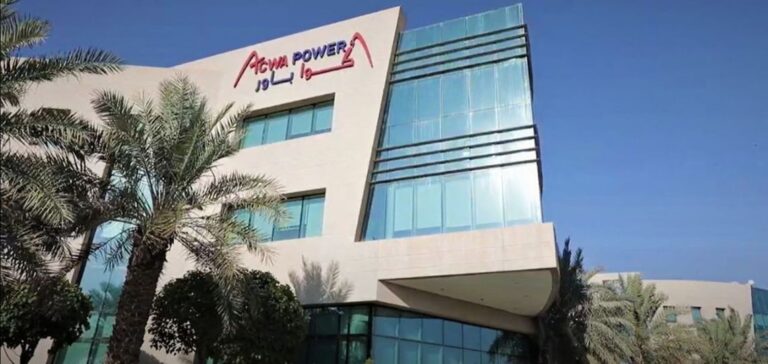ACWA Power joins forces with South Korea’s KEPCO to develop large-scale hydrogen and ammonia production.
A partnership for decarbonation
ACWA Power and KEPCO have been investing for a decade in projects such as the Rabigh 1 Independent Power Plant (IPP) in Saudi Arabia. Nevertheless, this agreement is the first of its kind for the decarbonization of their respective operations. Indeed, the Saudi company has a goal of zero net emissions by 2050.
On the other hand, KEPCO is committed to relying more on low-carbon ammonia produced from renewable hydrogen. In addition, the South Korean company expects to produce 5 to 10 million tons of clean ammonia by 2030. ACWA Power Director and Vice President Paddy Padmanathan states:
“The world is witnessing the alarming impact of climate change and as the pressure to act quickly builds, collaborative efforts must be led to find the right solutions. We are honored to work with long-time partners like KEPCO to accelerate the exploration of renewable hydrogen’s strengths. This solution can decarbonize entire industries and make a real difference in the fight against global warming.”
Renewable hydrogen projects
ACWA Power is at the forefront of large-scale renewable hydrogen production projects around the world. The Saudi Arabian group leads the NEOM Green Hydrogen Company joint venture with NEOM and Air Products. The two companies are developing the largest renewable hydrogen project in Saudi Arabia.
The project will be delivered in 2026 with an estimated production of 650 tons of clean hydrogen per day. The program will ultimately mitigate the impact of 3 million tons of CO2 emissions per year. Finally, ACWA Power is entering into a Memorandum of Understanding (MoU) with South Korea’s POSCO Holdings for the joint development of low-carbon hydrogen.






















